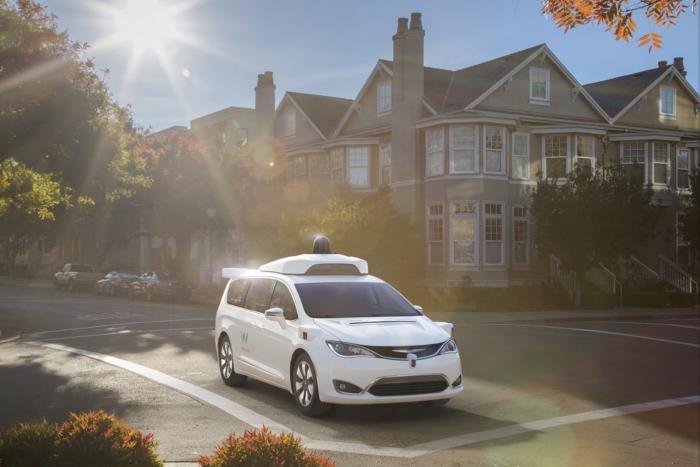Six in 10 people believe their lives will improve with autonomous vehicles

Credit to Author: Lucas Mearian| Date: Thu, 06 Apr 2017 03:00:00 -0700
Six in 10 people believe connected and autonomous vehicles (CAVs) will improve their quality of life, according to a new study by Strategy Consulting and PricewaterhouseCoopers (PwC).
The study, commissioned by the U.K.-based trade association Society of Motor Manufacturers and Traders, also found half of drivers age 17 to 24 would use a connected, autonomous vehicle (CAV) today.
Among all those surveyed, the biggest benefit from CAVs would be stress-free driving, with cars that brake and park themselves as top attributes.
The organizations surveyed more than 3,600 U.K. drivers from three categories: Drivers age 17 to 24; those 65 and older; and people with disabilities.
When asked “what factors are most important to you when selecting a mode of transportation,” the top five answers were the same among the three groups: Reduced stress; the ability to rest on longer journeys; fewer accidents; lower insurance costs and the ability to travel when they want.
Automatic braking and parking and the car’s ability to self-diagnose faults were cited as features most likely to reduce stress, which was the biggest attraction of owning a CAV among all groups. Freedom to travel spontaneously and socialize with friends and family were also seen as life-changing benefits, with 88% of people who believe CAVs will improve their social life saying a CAV would help them get out of the house more regularly.
Completely autonomous vehicles are not forecasted to emerge in UK production until around 2025, achieving approximately 25% penetration by 2030, according to the researchers.
Even while they’re more than a decade off, more than half of survey participants said they felt positively about CAVs (56%), with young people and those with disabilities being the groups most excited.
“A likely explanation for this positivity is a combination of this section among society having the greatest mobility needs, as well as the greater acceptance of young people of technology,” the report stated. “Seventy-five percent of these respondents said they trusted technology to some extent or to a great extent.”
Contrary to commonly held beliefs, the survey found most drivers were not significantly concerned with privacy as vehicles connected to the internet, each other and surrounding infrastructure would transmit locations, driving habits and vehicle maintenance and repairs to automakers and other third parties.
When asked about the perceived challenges of CAVs, only 15% of people 65 and older stated loss of privacy as a concern, against 20% of 25 to 64 year olds and 22% of the youngest survey respondents.
The survey found young people are the most aware with regards to autonomous vehicle technology and the disabled are the most excited about the prospect of owning one.
That said, “our study revealed that there remains much to be done to improve CAV awareness and dispel current skepticism, as current understanding of the technology is limited to approximately only half of the population,” the researchers said.